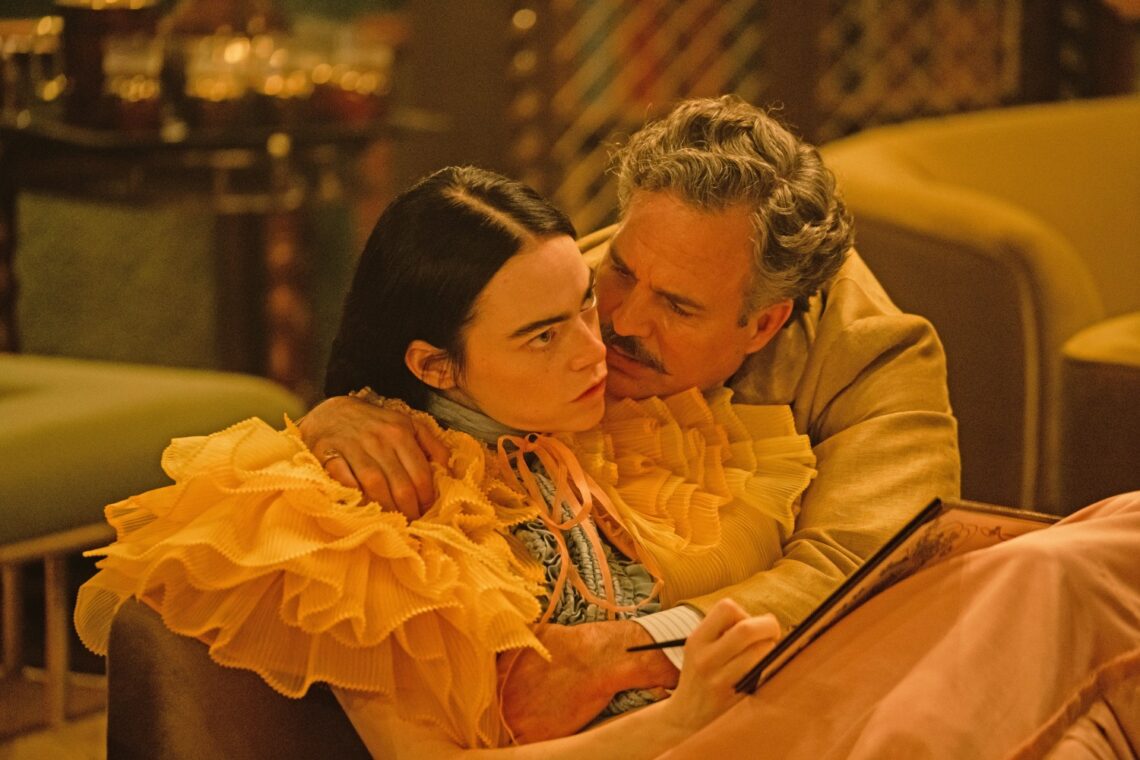RTL Group’s mixed performance: A deep dive into the first half of 2024
A tale of two divisions
European media giant RTL Group recently unveiled its first half of 2024 results, showcasing a blend of triumphs and challenges across its various sectors. The report painted a picture of declining revenues in its content production arm, Fremantle, juxtaposed with robust growth in streaming subscriptions.
Fremantle’s revenue dip and creative triumphs
Fremantle, RTL’s global content production powerhouse, experienced a revenue drop to €957 million ($1.04 billion) in the first half of 2024, down from just over €1 billion ($1.09 billion) during the same period last year. This decline was attributed to market fluctuations and timing effects, though it was somewhat mitigated by the full consolidation of the newly acquired Asacha Media Group.
Despite the financial setback, Fremantle celebrated significant creative victories. The film Poor Things, produced by Element Pictures, garnered an impressive 34 awards, including four Academy Awards, two Golden Globes, and five BAFTA Awards. This success underscores Fremantle’s continued influence and excellence in the global entertainment landscape.
Streaming services on the rise
On the other hand, RTL Group’s overall revenue saw a modest increase of 1.8%, reaching €2.9 billion. This growth was driven by gains in TV advertising and a surge in streaming income. The group’s streaming services, RTL+ and M6+, demonstrated remarkable strength, with paying subscribers increasing by 24.8% to 6.3 million. Streaming revenue also soared by 41.9%, hitting €185 million.
However, the increased investments in content and streaming led to a slight decline in adjusted EBITA (Earnings Before Interest, Taxes, Depreciation, and Amortization), which fell to €172 million from €181 million a year earlier.
Dominance in TV and future projections
In its core TV business, RTL Deutschland expanded its audience lead over competitor ProSiebenSat1 to 7.6 percentage points. Meanwhile, the group’s French channels maintained a steady market share, reflecting RTL’s stronghold in the European TV market.
Looking ahead, RTL confirmed its full-year 2024 outlook, projecting revenue of around €6.6 billion and adjusted EBITA of approximately €750 million. The company anticipates streaming losses to increase to about €200 million this year due to ongoing investments.
By 2026, RTL aims to reach nine million paying streaming subscribers and €750 million in streaming revenue. Fremantle is targeting €3 billion in revenue by the same year, with plans to enhance its adjusted EBITA margin to 9% through the integration of acquisitions and overhead reductions.
CEO’s optimistic outlook
RTL Group CEO Thomas Rabe expressed optimism about the company’s trajectory, stating, “We have made significant progress in executing our strategy and transforming our businesses.” He emphasized that the company is “on track” to achieve its long-term streaming targets and profitability by 2026.
Navigating economic uncertainties
The group acknowledged the ongoing economic uncertainty, noting that the advertising market outlook remains challenging to predict. RTL plans to continue investing in content and technology while pursuing strategic partnerships to bolster its competitive position across its diverse media portfolio.
Personal reflections for enthusiasts
For cinema and TV series enthusiasts, the success of Poor Things is a testament to the power of storytelling and creative vision. The film’s accolades highlight the importance of investing in high-quality content that resonates with audiences worldwide.
For those passionate about streaming services, the growth of RTL+ and M6+ is a clear indicator of the shifting landscape of media consumption. The rise in subscribers and revenue underscores the increasing demand for on-demand content, a trend that is likely to continue as more viewers seek flexible and personalized viewing experiences.
In-depth analysis
The mixed performance of RTL Group in the first half of 2024 offers a fascinating case study in the complexities of the modern media industry. The decline in Fremantle’s revenue, despite its creative successes, highlights the challenges faced by content producers in a rapidly evolving market. Conversely, the growth in streaming subscriptions and revenue reflects the broader industry trend towards digital consumption.
As RTL Group continues to navigate these dynamics, its strategic investments in content and technology will be crucial in maintaining its competitive edge. The company’s ability to adapt to market changes and leverage its diverse portfolio will determine its success in the coming years.
RTL Group’s first half of 2024 results provide valuable insights into the current state of the media industry. For cinema, TV series, and music enthusiasts, these developments offer a glimpse into the future of entertainment and the exciting possibilities that lie ahead.

 Italian
Italian







